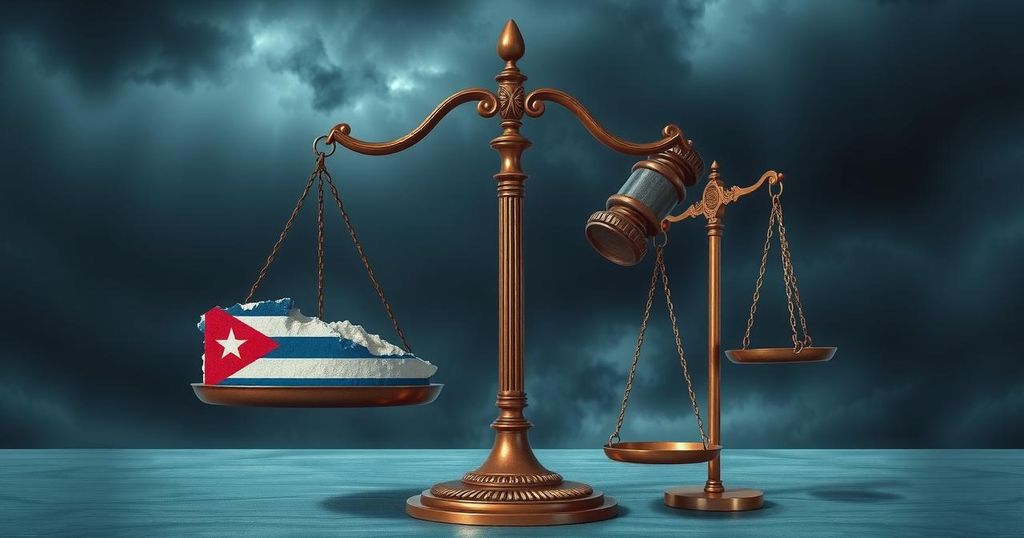Jamaica navigates complex diplomatic relationships with the U.S., China, and Cuba while balancing economic interests. The increasing Chinese influence through infrastructure investments contrasts with long-standing U.S. ties, complicated by accusations against Cuba. Holness faces pressure to reassess alliances, including potential cooperation with Africa, all while prioritizing national interests ahead of upcoming elections.
Jamaica faces a diplomatic challenge as it navigates its relationships with the U.S. and emerging global powers, particularly China. Historically aligned with the U.S., Jamaica now contemplates the implications of China’s Belt and Road Initiative, which has solidified its investment in the Caribbean, altering the region’s economic dynamics.
Cuba has proven to be a steadfast ally to Jamaica, especially during crises like the COVID-19 pandemic, but this relationship is marred by U.S. allegations of human trafficking against the Cuban government. Jamaica’s foreign policy aims to maintain multilateral partnerships and economic development while managing these complex international relationships, demanding diplomatic tact and strategic choices.
Past experiences, such as Michael Manley’s foreign policy challenges regarding Cuba, serve as a backdrop as the current landscape grows increasingly tense. Mia Mottley, the Prime Minister of Barbados, has openly supported Cuba, drawing criticism toward Jamaica’s Prime Minister Andrew Holness for perceived inaction, thus intensifying calls for Jamaica to forge strategic links with African nations.
Jamaica’s hesitance to engage with the Partnership Agreement involving the Caribbean Community and Afreximbank—despite the significant $1.5 billion funding available for Caricom nations—highlights a reluctance to fully commit to new economic avenues. This hesitance raises concerns over the country’s overall economic strategies and future development.
The People’s National Party (PNP) has historically fostered a relationship with China, yet the current leadership may lack the inclination to continue this alignment, questioning Jamaica’s foreign policy direction. With critical decisions approaching, particularly with upcoming elections, Holness must weigh benefits from Chinese investments against the long-standing U.S. ties, especially in the light of U.S. critiques of Cuba.
This geopolitical landscape requires Jamaica to deliberate carefully on its priorities and seek out alliances that genuinely serve its national interests. The island’s strategic position in the Caribbean and its historical partnerships dictate its importance, with potential implications for regional stability and development.
In conclusion, Jamaica’s diplomatic balancing act between the U.S. and China raises significant questions about its foreign policy strategy. The country must navigate its historical ties with the U.S. while also acknowledging the growing influence of China through economic investments. Additionally, relationships with Cuba and potential alliances with Africa could redefine Jamaica’s international standing. It is crucial for Holness to prioritize Jamaica’s national interests as he considers the implications of these relationships on the nation’s future.
Original Source: www.jamaicaobserver.com






